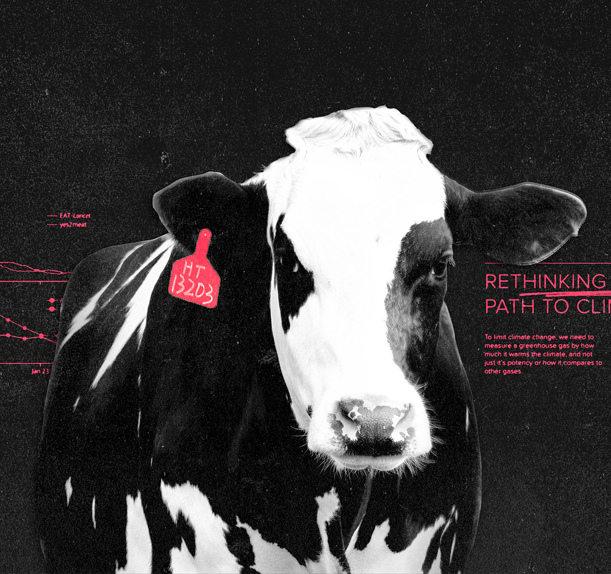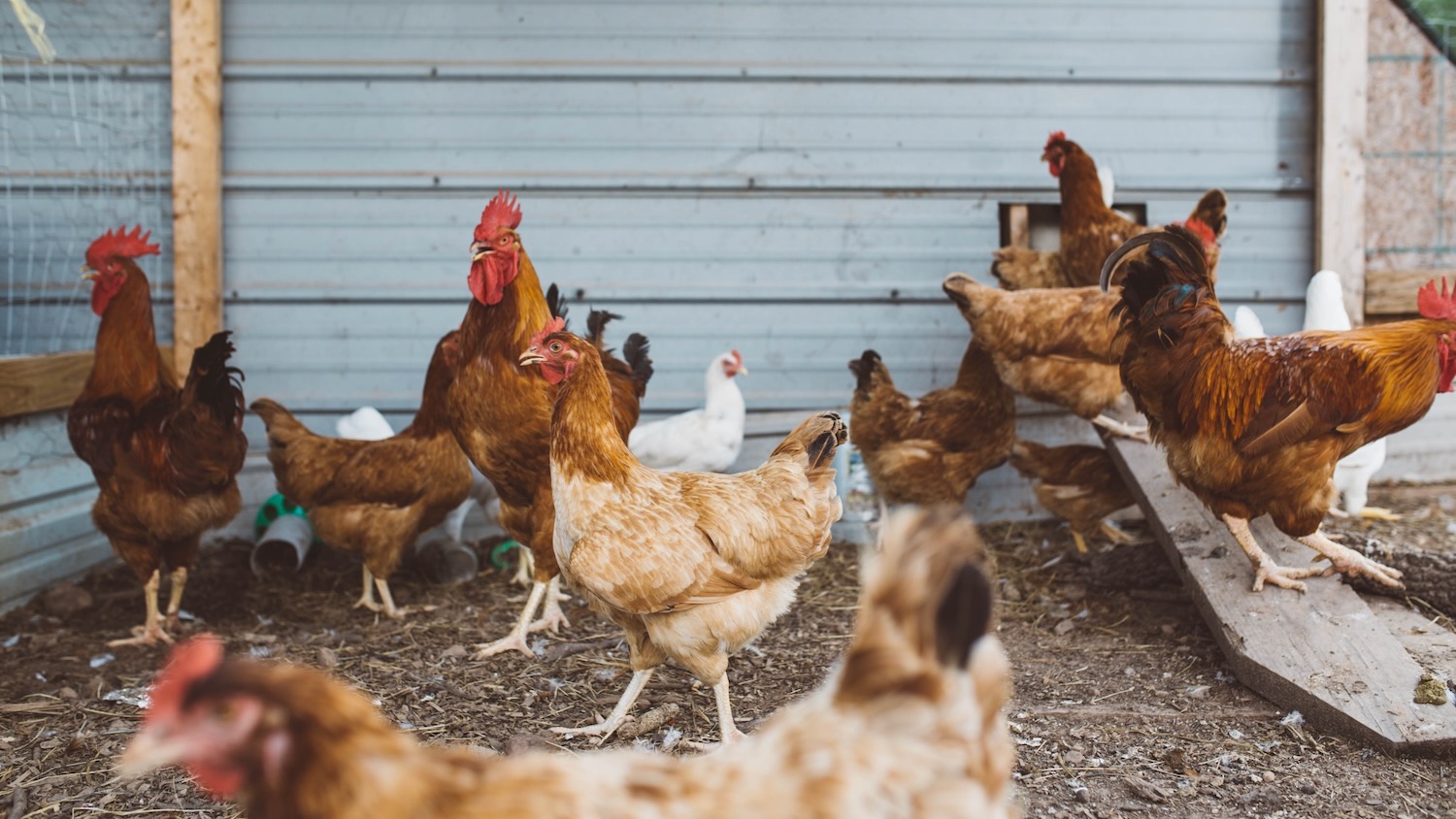Just as an aside (and a personal factor of mine), there are other endpoints than death of course. Dementia appears to have a reasonably strong vascular effect - more so than was discussed when I was in school. So the benefits of statins can fall into things other than death.
I honestly don't know if there is enough duration in the studies along with following all people to death that would tease out this effect - since when people die of dementia they mostly probably stop their statin or get removed from a study because of compliance/follow up issues. What I can tease out is that statins during middle age lower dementia risk. I know there have to be all-cause mortality numbers. I just don't know how clean the numbers are when in comes to dementia where death would occur many years after onset.
This article is certainly imperfect (observational and all) but interesting nonetheless. The one-liner is that both low carb and high carb diets had higher all-cause mortality than medium carb diets. When carbs where replaced by animal fat and protien, there was a mortality increase. When it was more plant based, it was not. 4 US communities despite published in England. And for those that don't know, The Lancet is about as good as it gets (and are great about on-line access with no paywall).

Dietary carbohydrate intake and mortality: a prospective cohort study and meta-analysis
Both high and low percentages of carbohydrate diets were associated with increased mortality, with minimal risk observed at 50–55% carbohydrate intake. Low carbohydrate dietary patterns favouring animal-derived protein and fat sources, from sources such as lamb, beef, pork, and chicken, were...www.thelancet.com
I agree that there is evidence that statins have an positive effect on dementia risk. This, like their effect on CV disease in general, could be independent of their effect on serum cholesterol levels. For instance, they may reduce endovascular inflammation and scarring in susceptible individuals. Something much harder to measure than serum cholesterol, but with the outcomes we might expect.
Unless I missed something, in the Lancet article they based the categorization of the patient diets on how they filled out two surveys, one at year one and one at year 6, in a 25 year prospective study. Not that I don't agree with the recommendations, but one could easily imagine some confounding problems, as the authors did:
Also, people who are willing to participate in these sorts of studies may be different from those who won't.There are limitations to this study that merit consideration. This study represents observational data and is not a clinical trial; however, randomised trials of low carbohydrate diets on mortality are not practical because of the long duration of study required. Another limitation of this study is that diet was only assessed at two time intervals, spanning a 6-year period, and dietary patterns could change during 25 years.
Diet studies are hard to do and should be taken with a grain of salt.
Last edited:








